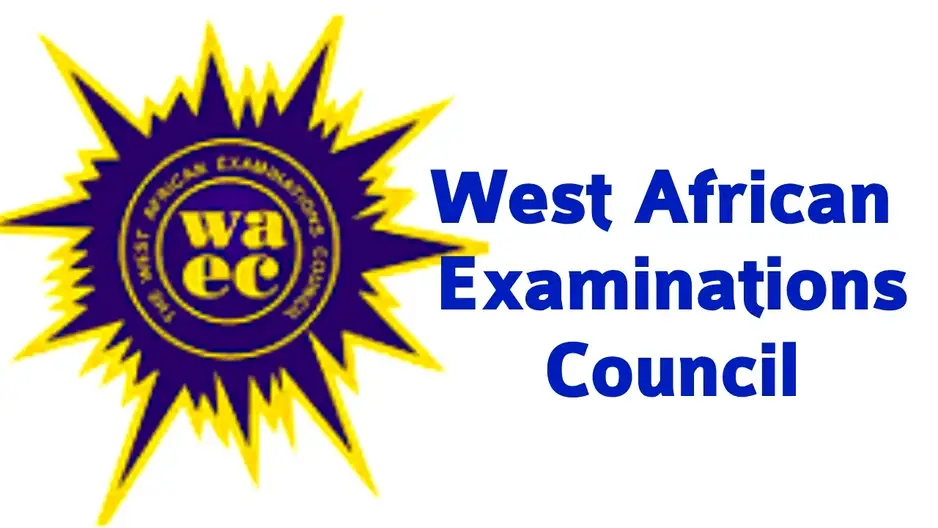
The WAEC syllabus for Business Management is indispensable for those preparing to take the examination. It delineates the aims and objectives, along with providing notes and format for the Business Management exam.
Studying the Business Management syllabus is imperative for effective exam preparation, as it offers a roadmap for the topics to cover and highlights the key concepts to understand.
Embarking on exam preparations without consulting the Business Management syllabus is akin to venturing into the farm without the necessary agricultural tools, resulting in decreased productivity.
Commence your exam preparations by thoroughly engaging with the provided syllabus.
This post also includes recommended textbooks endorsed by the West African Examination Council (WAEC) to complement your study of Business Management. If you have any questions, feel free to ask in the comment section—I’d love to hear from you.
WAEC Business Management
The course in Business Management at the senior school level embraces principles and activities in the core functional areas of business management. It also covers the legal environment of business, information technology, globalization, economic integration and entrepreneurship.
Aims
The examination, therefore, intends to test candidates’
- understanding and appreciation of the basic concepts, principles and practices of business management;
- understanding of the role of business management in an economy;
- ability to relate the concepts and principles of business management to practical business situations.
- ability to pursue further studies in business management.
Scheme of Examination
There will be two papers, Paper 1 and Paper 2; both of which will constitute a composite paper and will be taken at a sitting.
PAPER 1: This will consist of fifty compulsory multiple-choice objective questions which will cover the entire syllabus and will carry 30 marks. It will last1 hour.
PAPER 2: It will consist of a compulsory case study question and seven other essay questions, out of which candidates will be expected to answer any three.
The case study will range between 200 and 250 words and will carry 25 marks, while the other questions will carry equal marks of 15 each. The paper will therefore carry a total of 70 marks.
Table of contents
- WAEC Business Management
- WAEC Business Management Syllabus
- Nature of Management
- Functions of Management
- Management Information Technology
- Legal Environment of Business
- Finance and Financial Institutions
- Role of Government in the Economy
- International Trade
- Globalization and Economic Integration
- Functional Management
- Principles of Marketing
- Entrepreneurship and Small Business
- Recommended Textbooks
WAEC Business Management Syllabus
Nature of Management
- Meaning and Process of Management
- Forms of Business Organization
- Business and Society
Functions of Management
- Planning and Decision Making
- Organizing
- Directing
- Controlling
Management Information Technology
- Concept of ICT
- Data and information, meaning, differences; and sources of business information
- Functions of the computer
- Applications of computers in Business
- Advantages and challenges of the use of Computers in business
Legal Environment of Business
- Law of Contract
- Principles of Agency
- Negotiable Instruments
Finance and Financial Institutions
- Money
- Banking
- Risk Management and Insurance
- Stock Exchange
Role of Government in the Economy
- Role of government in an economy
- Sources and types of government revenue
- Purpose of taxation
- Types of taxes and challenges of tax collection
- Types and items of government Expenditure
International Trade
- Meaning of trade
- Difference between domestic and international trade
- Documents used in domestic and international trade
- Reasons for international trade
- Theories of absolute cost and comparative cost advantage
- Restrictions in International trade
- Balance of Payments (BOP) and measures for correcting BOP deficit
- Challenges of developing economies in relation to international trade
- Ways of improving Developing Economies by Government
- Role of the following institutions in international trade: International Monetary Fund (IMF), International Bank for Reconstruction and Development (IBRD), United Nations
- Conference on Trade and Development (UNCTAD)
Globalization and Economic Integration
- Meaning and causes of globalization
- Advantages and disadvantages of Globalization
- Meaning of economic integration
- Roles of the following in economic integration: Economic Community of West African States (ECOWAS), African Union (AU), European Union (EU), and Pan African European Pacific Countries Association of South and Eastern Asian Nations (ASEAN).
Functional Management
- Meaning of human resource management
- Functions of human resource management
- Steps in the recruitment and selection process
- Sources of recruitment
- Types of training;
- Job Analysis (job description and job specification)
- Performance appraisal – meaning and importance
- Meaning of labour relations, trade Unions and industrial relations.
- Functions of Trade Unions
- Employers’ Association: Meaning and functions.
- Collective bargaining-process importance and rights of parties involved.
Fundamentals of Production Management
- Meaning of production and production Management.
- Forms of Production – extractive, manufacturing, construction, commercial and personal services
- Factors of production
- Meaning of specialization and exchange
- Advantages and disadvantages of specialization
- Types of the production process – job, batch, flow
- Steps in production planning and Control
Principles of Marketing
- Meaning of Marketing: Meaning and activities.
- Market segmentation: Meaning and bases.
- Elements of the marketing mix (product, price, promotion and place)
- Steps in new product development
- Stages of the product life cycle (introduction, growth, maturity and decline)
- Functions of packaging and uses of branding
- Factors affecting pricing and pricing objectives
- Promotion: Meaning, importance and types
- Channels of distribution 9.4.10 Functions of wholesalers and retailers e-commerce: Meaning and importance.
- Meaning of Business Finance.
- Short-term and long-term sources of finance
- Government lending programmes; Venture capital fund
Entrepreneurship and Small Business
- Meaning of entrepreneurship
- Role of entrepreneurs
- Characteristics of an entrepreneur
- Content of business plan
- Reasons for business successes and failures
- Record Keeping: Meaning, importance and types.
- Time Management: Meaning, importance and techniques.
- Small businesses: Meaning and categories
- Procedures in the formation of small businesses
- Importance of small businesses in the economy
- Challenges of small businesses
- Role of government in promoting small businesses
- Ways of sustaining an established business
Recommended Textbooks
- Ansah, J.K. Wilas Press Ltd Introduction to Business Management
- Attieku, B, Marfo-Yiadom, E Smartline Limited Business
- Dorkey, T and Tekyi, K. Management
- Boachie-Mensah, F.O Woeli Publishing Essentials of
- Services Management
- Browne, D., Barass, M., Heinemann Education Business
- W., Dransfield, R and Publishers Studies
- Needham D. for AS Level
- Buckley, M. Brindley, B
- and Greenwood, M.S, Longman Group Business Studies
- Callaghan, P (ed). Sunderhid Tyre and Business
- Wear Advanced Level
- Carysforth, C and Neild, M Heinemann Education Intermediat
- Publishers Business
- Danks, S. DP Publication Advanced Business
- Studies
- Du Toit, G S, Erasmus, B G, Oxford University Introduction to
- and Strydom, J W, Press South Africa Business
- Management
- Fardon, M. (ed) Osborne Books Business Studies,
- Limited
- Needham, D. and Dransfield, R Stanley Thornes Business Studies,
- Needle, D International Thomson Business in
- Business Press Context
- Nickels, W.G McHugh, Irwin McGraw-Hill Understanding
- J.M And McHugh, S.M. Business
- Marfo-Yiadom, E Excellent Printing & Introduction to
- Publishing Business
- Redmond, PWD Pitman Publishing Ltd Mercantile Law

